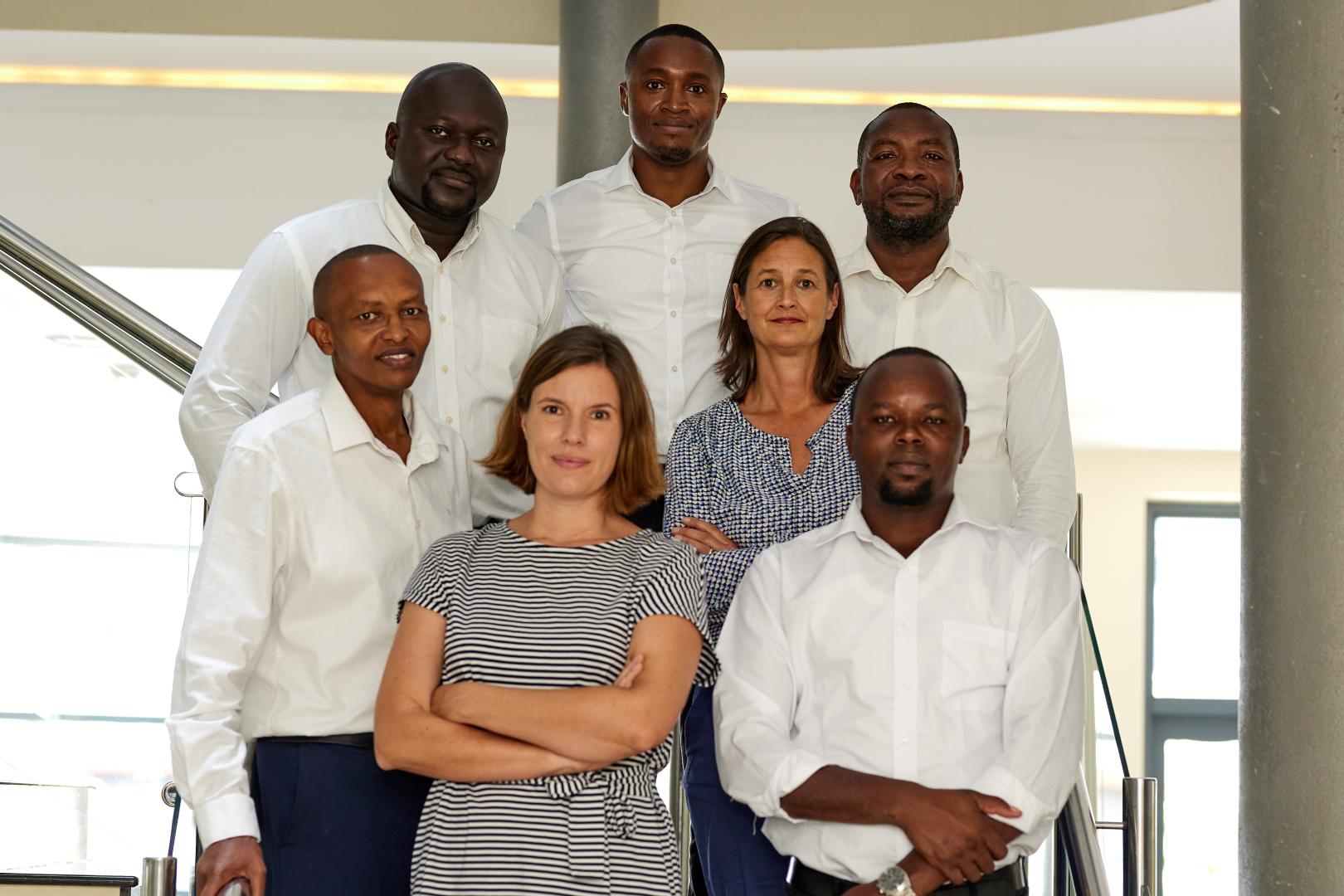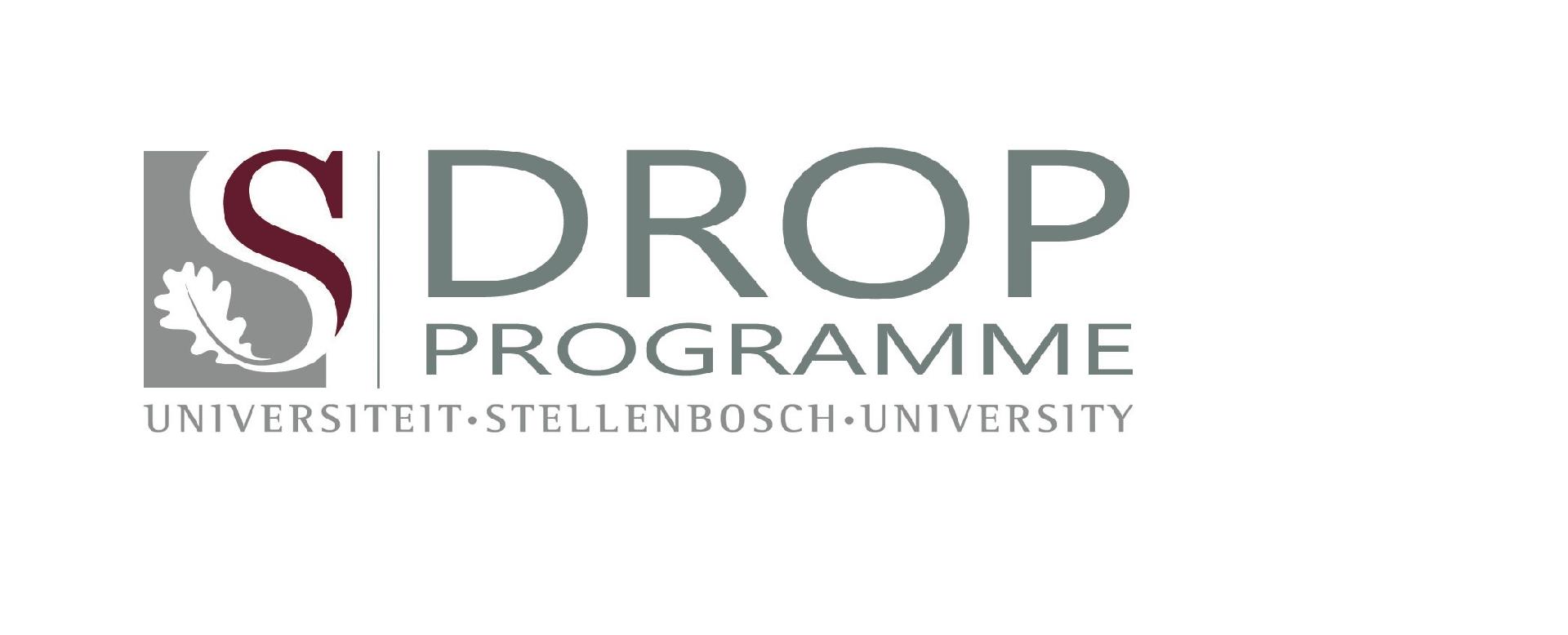About us - Regional Programme Energy Security and Climate Change in Sub-Saharan Africa
Climate change and energy security are closely interlinked. In order to adequately address the national and international challenges related to climate change and energy security, Germany needs the support of its international partners. Against this backdrop, sub-Sahara Africa is a very important region for Germany.
The Konrad-Adenauer-Foundation with its various country offices and regional programmes is already very active in sub-Saharan Africa, where the challenges related to energy security in times of a changing climate are particularly pressing. In our European and international cooperation efforts we work for people to be able to live self-determined lives in freedom and dignity. We make a contribution underpinned by values to helping Germany meet its growing responsibilities throughout the world.
Sub-Saharan Africa is extremely rich in natural resources and can demonstrate comprehensive political and economic experience in the use of fossil and renewable. At the same time, African international climate policy is of increasing importance, also for Europe. Mankind is faced with enormous challenges posed by the effects of climate change. This is particularly true for the African continent where the impacts of climate change are being felt across various sectors.
According to the latest Assessment Report (AR5) by the Intergovernmental Panel on Climate Change (IPCC) there is strong evidence that the impacts of climate change in Africa are already being felt across various sectors. Findings of AR5 include the following: Climate change poses challenges to economic growth and sustainable development and to the various facets of human security. The health, livelihoods and food security of people in Africa are all affected by climate change. Causality between climate change and violent conflict is difficult to establish owing to the presence of these and other interconnected causes, including country-specific sociopolitical, economic, and cultural factors. For example, the degradation of natural resources as a result of both overexploitation and climate change will contribute to increased conflicts over the distribution of these resources. Many of the interacting social, demographic, and economic drivers of observed urbanization and migration in Africa are sensitive to climate change impacts. As Africa is one of the most vulnerable continents due to its high exposure and low adaptive capacity, innovation and technology, smart policy making, high levels of Government attention, effective diplomacy, and international cooperation are vital prerequisites in order to effectively address the current and future challenges related to climate change. Funding and technology transfer and support is needed to both address Africa’s current adaptation deficit and to protect rural and urban livelihoods, societies, and economies from climate change impacts at different local scales. Moreover, in order to ensure the effectiveness of adaptation initiatives, it is of utmost importance, to strengthen institutional capacities and governance mechanisms to enhance the ability of national governments and scientific institutions in Africa to absorb and effectively manage large amounts of funds allocated for adaptation. Climate risks are unevenly distributed and are generally greater for disadvantaged people and communities in countries at all levels of development. Risks result from the interaction of vulnerability, exposure, and hazards.
Only 20% of the African population is connected to power distribution grids. The African continent lags far behind all other regions of the world in electricity generating capacity. The United Nations forecasts that the African population will be around 2 billion people in 2050, and therefore the expanding demand for energy will be one of the challenges with which the region is faced, along with poverty reduction, food security, water security and combating the impacts of climate change. Energy is an essential requirement for all fields of our daily life, for the functioning of social and political systems, businesses, and communication, and for economic growth and sustainable development, among others. To secure an energy supply that meets the growing demand is one of the major global energy challenges.
In light of the fact that energy-related carbon dioxide emissions make up most global greenhouse gas (GHG) emissions, the world community is charged with the task of balancing the extension of energy supply, on one hand, and the consumption of energy, on the other, in order to reduce the extent of climate change. Energy security and climate change share the need for innovation and technology, smart policy-making, high levels of government attention, effective diplomacy, and international cooperation. Synergy effects will occur from innovative actions that make for a more secure energy system, as these may also result in reducing the warming emissions that come from energy supplies. To this end, the law can be seen as a helpful tool. Development and the law are almost inextricably linked, especially when it comes to energy security and climate justice and the achievement of sustainable development goals (SDGs).
The Climate Policy and Energy Security Programme for Sub-Saharan Africa will serve as a regional competence center providing expert advice and coordinating certain activities of the country programs of the KAS in sub-Saharan Africa by regional networking on the continent. The Programme’s most important mission is to raise awareness for issues pertinent to energy security and climate change among political actors within the African Union (AU), regional authorities and in various countries of sub-Saharan Africa. To this end the Climate Policy and Energy Security Programme for Sub-Saharan Africa organises regional discussion forums, international conferences and seminars and furnishes reports, professional publications and studies, all in close cooperation with KAS country and regional offices and programs (Rule of Law Program, Media Program, Safety Program) in sub-Saharan Africa as well as with national and international partner organisations. Climate-related key risks are to be analysed by way of political dialogue in order to elaborate project oriented sustainable solution models at national, regional and international levels.




